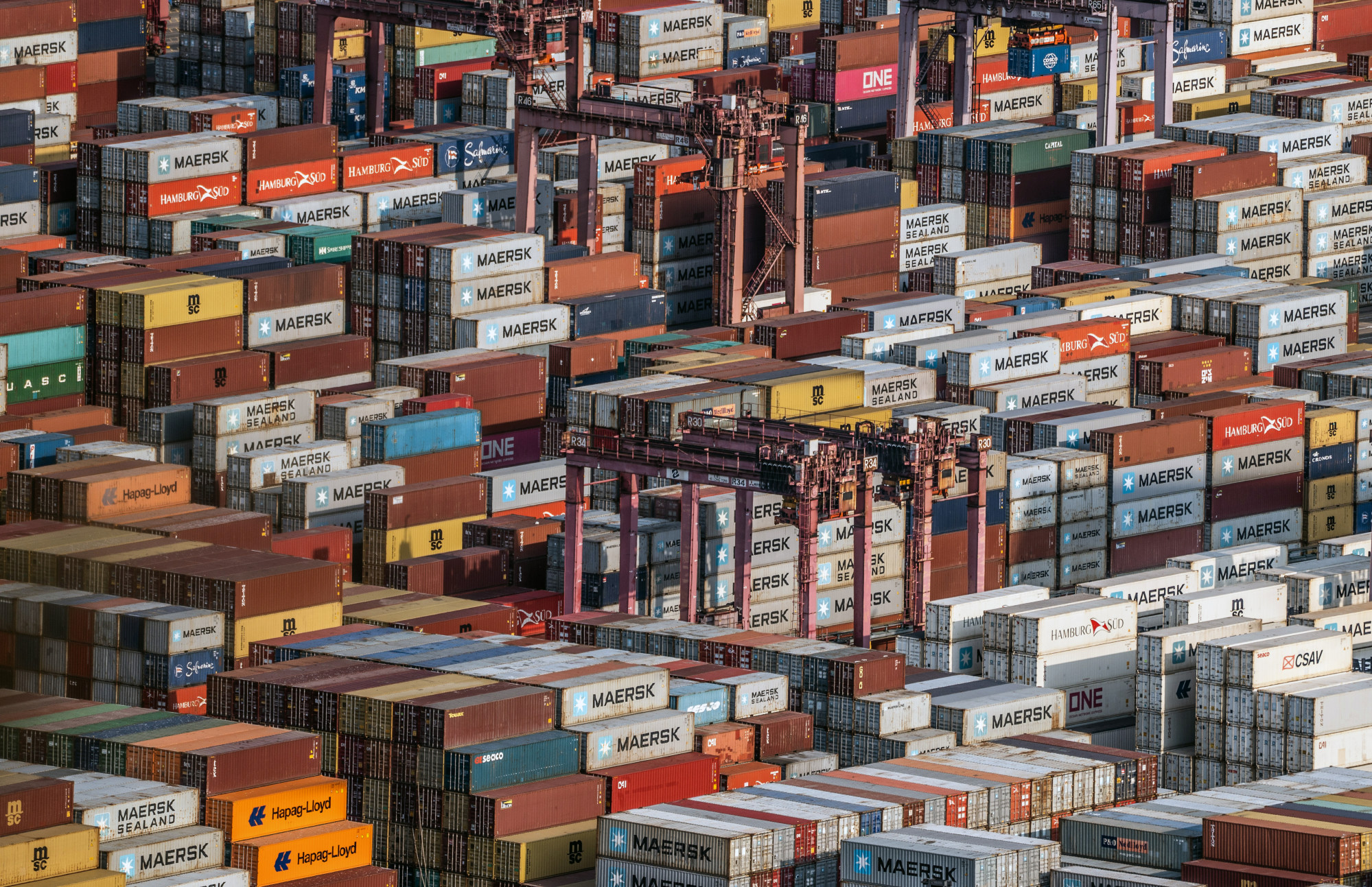
How joining the RCEP can revive Hong Kong’s role as a regional ‘super connector’
- As a member of the mega trade partnership, Hong Kong could serve as a bridge between regional economies – a role it knows well
- Helping to expand trade links across Asia would strengthen the region’s supply chain resilience, while also restoring our city’s ‘international‘ status
It is no secret that Hong Kong faces an unprecedented, all-round challenge to its role as a global “super connector”. Just two weeks ago, it was reported that four international exhibitions that were previously hosted by the Hong Kong Convention and Exhibition Centre will relocate to Singapore and Dubai.
The public has pointed to the city’s rigid quarantine regime as the cause of our disconnection from the world – and rightfully so. Yet, Hong Kong’s struggles not only stem from the pandemic, but from seismic shifts in the global geopolitical landscape.

What is more important, however, is that the mega trade deal creates a new geoeconomic space which will, on the one hand, reduce Hong Kong’s exposure to global risks and, on the other, enable the city to act as a facilitator in the restructuring of transnational supply chains and in the distribution of goods, capital, services and knowledge across East Asia.
The role of facilitator is certainly not unfamiliar to Hong Kong; the city has historically been a key entrepot for trade between mainland China and the world, accounting for 89.5 per cent of our total re-export trade value. But this role is and will increasingly be important at a time when the crisis of globalisation is driving businesses, capital and talent to seek refuge or new opportunities worldwide.
If successfully implemented, the mega trade deal will be conducive to the growth of a new and resilient regional economic ecosystem.
One advantage of the RCEP is its rules of origin. According to the agreement, if the various stages of production of an item all occur within member states, the final producer or processor can factor in all the previous material values from those states when calculating the raw material value of the product.
This will substantially enhance preference utilisation rates, cut operational costs for companies at different stages of value chains and, in the long term, reduce East Asia’s dependence on the West by promoting the growth of regional supply chain networks. As a RCEP member, Hong Kong could facilitate the restructuring and expansion of regional networks of production and investment.

The geoeconomic reordering of East Asia under the RCEP could also be the catalyst for Hong Kong’s re-industrialisation. The new ecosystem emerging from the mega regional economic space will strengthen the resilience of Hong Kong’s economy, as our businesses can shift production capacities or supply chains to the emerging economies in Southeast Asia, or deepen collaboration with hi-tech sectors in Japan, South Korea and Singapore.
Politically, RCEP membership will help “relaunch” and “rebrand” Hong Kong by restoring international confidence in the city as a unique customs territory under the framework of “one country, two systems”, which allows us to negotiate, conclude and implement free trade agreements with other economies.
It’s time to go from zero-Covid to zero Covid restrictions
Yet in due time, and with careful planning, Hong Kong can safely return to being a free and open international city, and will be able to enjoy the benefits the RCEP can offer.
Wai-Hong Tang is an independent researcher on the international political economy of East and Central Asia. He has a PhD in politics and international studies from the University of Warwick
Neville Lai is an independent researcher on global affairs. He completed his bachelor’s degree in philosophy, politics and economics from the University of Warwick and SciencesPo Paris-Reims


